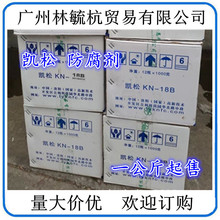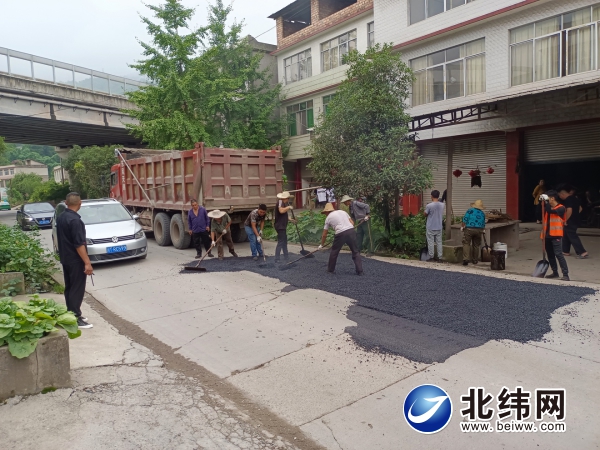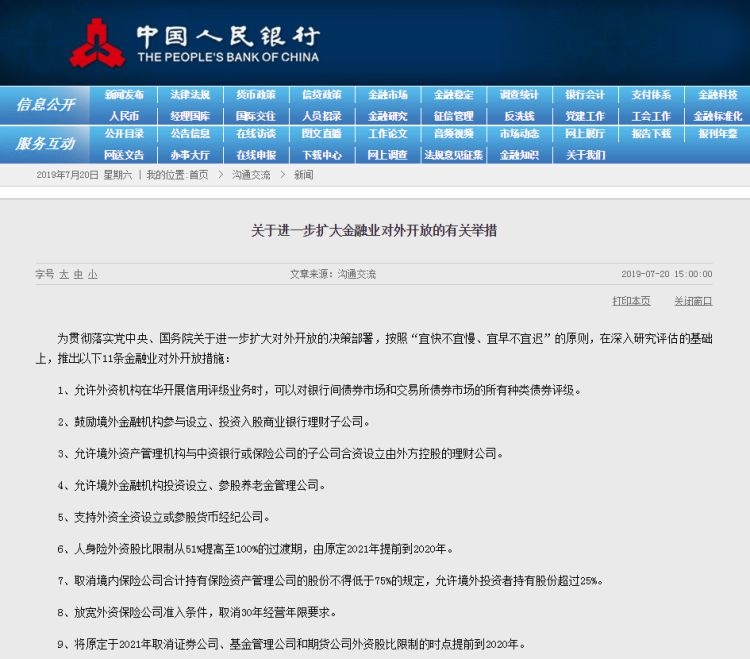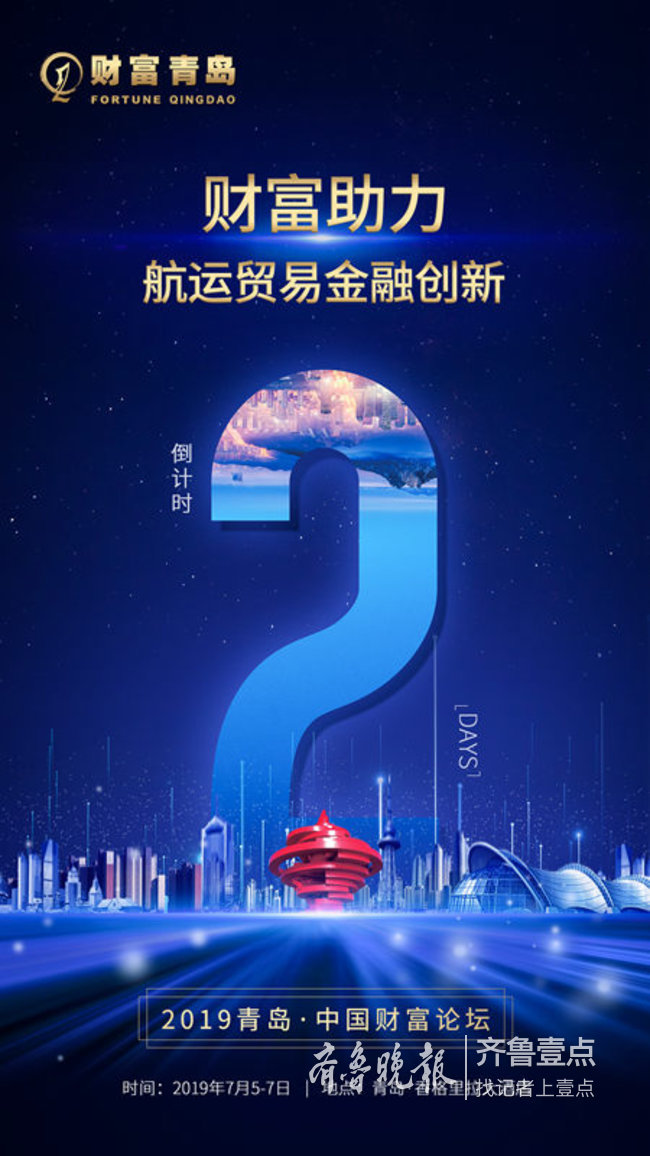Reagan refused to support Korean constitution in 1985: dossier
时间:2024-09-23 16:19:52 来源:摩登家庭人人影视网 作者:行业动态 阅读:908次
Then U.S. President Ronald Reagan refused to express public support for South Korea's constitution in 1985 due to concerns over public backlash at home, declassified diplomatic documents showed Sunday.
South Korea's then president, Chun Doo-hwan, wanted Reagan to back the country's constitution as public calls grew here for an amendment that would allow direct presidential elections to take place, according to the documents released by Seoul's Foreign Ministry.
Chun, a former army general, took power in 1981 in the political turmoil that followed the 1979 assassination of then President Park Chung-hee. A constitutional revision led to the establishment of the Chun government.
Ahead of Chun's visit to Washington in April 1985, Seoul demanded the U.S. express its support for the South Korean constitution in press remarks to be released after the leaders' summit. Washington balked at the demand, even after Chun made a personal request to the U.S. ambassador to Seoul, the documents showed.
The two sides continued to wrangle over the issue until the eve of the summit on April 25, but Washington eventually rejected the request, citing concerns that any remark by Reagan could be interpreted as interference in South Korea's internal politics.
U.S. public opinion at the time was unfavorable toward the repressive rule of Chun's junta.
In the final press remarks, Reagan made no mention of the constitution and instead expressed support for all measures conducive to South Korea's political development and Chun's commitment to a peaceful transfer of power at the end of his single seven year term in office.
The dossier also showed that the general-turned-president was wary of an improvement in ties between North Korea and Japan even as the South pushed for talks with the communist neighbor.
In January 1985, Chun ordered his senior secretaries to keep a close watch on Japan's relations with the North to ensure that the warming ties between South Korea and Japan were not undermined by Tokyo drawing closer to Pyongyang.
He stressed that Seoul continued to hold talks with Pyongyang despite the latter's ulterior motive to communize the South only because dialogue is the best way to prevent the recurrence of war on the Korean Peninsula, ease the North's hostility toward the South, and show North Korean officials the actual state of affairs in the South.
At Chun's orders, the then foreign minister sent an official letter to the South Korean ambassador to Tokyo, ordering him to stop the Japanese government from allowing a visit to the country by officials from the North's main newspaper Rodong Sinmun and an association promoting friendly ties between the North and Japan.
The director-general of the Japanese foreign ministry's Asian affairs bureau told a South Korean embassy minister at the time that even if the Japanese government were to allow the visit, it would not mean a change in Tokyo's policy towards the North.
Still, the North Korean officials visited Japan that year.
In 1984, Chun also raised allegations that North Korea was plotting to drive a wedge between the South and Japan by exaggerating the issue of Japanese history textbooks.
Four months before the Japanese government released the results of its review of high school history textbooks, Chun sent a handwritten document to the foreign ministry, saying the North is suspected of using its supporters in Japan to damage South Korea-Japan ties.
He also urged South Korean media not to fall into that trap.
In June 1984, Tokyo released the results of its textbook review, which revealed that six out of eight textbooks described Japan's invasion of the Korean Peninsula as an "expansion" and carried other historical distortions.
However, Seoul's foreign ministry said the textbooks appeared to reflect many of the corrections it demanded and asking for any further corrections could be interpreted as interference in internal affairs.
It also said the issue shouldn't be dealt with emotionally but approached carefully so as to avoid North Korea's scheme to cause a rift between Seoul and Tokyo. (Yonhap)
South Korea's then president, Chun Doo-hwan, wanted Reagan to back the country's constitution as public calls grew here for an amendment that would allow direct presidential elections to take place, according to the documents released by Seoul's Foreign Ministry.
Chun, a former army general, took power in 1981 in the political turmoil that followed the 1979 assassination of then President Park Chung-hee. A constitutional revision led to the establishment of the Chun government.
Ahead of Chun's visit to Washington in April 1985, Seoul demanded the U.S. express its support for the South Korean constitution in press remarks to be released after the leaders' summit. Washington balked at the demand, even after Chun made a personal request to the U.S. ambassador to Seoul, the documents showed.
The two sides continued to wrangle over the issue until the eve of the summit on April 25, but Washington eventually rejected the request, citing concerns that any remark by Reagan could be interpreted as interference in South Korea's internal politics.
U.S. public opinion at the time was unfavorable toward the repressive rule of Chun's junta.
In the final press remarks, Reagan made no mention of the constitution and instead expressed support for all measures conducive to South Korea's political development and Chun's commitment to a peaceful transfer of power at the end of his single seven year term in office.
The dossier also showed that the general-turned-president was wary of an improvement in ties between North Korea and Japan even as the South pushed for talks with the communist neighbor.
In January 1985, Chun ordered his senior secretaries to keep a close watch on Japan's relations with the North to ensure that the warming ties between South Korea and Japan were not undermined by Tokyo drawing closer to Pyongyang.
He stressed that Seoul continued to hold talks with Pyongyang despite the latter's ulterior motive to communize the South only because dialogue is the best way to prevent the recurrence of war on the Korean Peninsula, ease the North's hostility toward the South, and show North Korean officials the actual state of affairs in the South.
At Chun's orders, the then foreign minister sent an official letter to the South Korean ambassador to Tokyo, ordering him to stop the Japanese government from allowing a visit to the country by officials from the North's main newspaper Rodong Sinmun and an association promoting friendly ties between the North and Japan.
The director-general of the Japanese foreign ministry's Asian affairs bureau told a South Korean embassy minister at the time that even if the Japanese government were to allow the visit, it would not mean a change in Tokyo's policy towards the North.
Still, the North Korean officials visited Japan that year.
In 1984, Chun also raised allegations that North Korea was plotting to drive a wedge between the South and Japan by exaggerating the issue of Japanese history textbooks.
Four months before the Japanese government released the results of its review of high school history textbooks, Chun sent a handwritten document to the foreign ministry, saying the North is suspected of using its supporters in Japan to damage South Korea-Japan ties.
He also urged South Korean media not to fall into that trap.
In June 1984, Tokyo released the results of its textbook review, which revealed that six out of eight textbooks described Japan's invasion of the Korean Peninsula as an "expansion" and carried other historical distortions.
However, Seoul's foreign ministry said the textbooks appeared to reflect many of the corrections it demanded and asking for any further corrections could be interpreted as interference in internal affairs.
It also said the issue shouldn't be dealt with emotionally but approached carefully so as to avoid North Korea's scheme to cause a rift between Seoul and Tokyo. (Yonhap)
(责任编辑:行业动态)
最新内容
- ·Naver, Kakao strive to combat deepfake porn spreading online
- ·回归保障本源,平安人寿产品、服务、责任三维发力
- ·中小企业创新大赛市南区初赛12项目争夺TOP5决赛名额
- ·鱼出三水!佛山三水区水产品区域公用品牌惊艳发布
- ·蒙顶山茶有了专属茶器
- ·“万人健步 大美中国”平安人寿青岛分公司大型健步行活动盛大启幕
- ·协调化解村民土地纠纷
- ·全市社会保险费征缴突破16亿元
- ·NYT mini crossword answers for August 29
- ·鍙ら兘娲涢槼楗噧鍟ら厭婵€鎯咃紝闈掑矝鍟ら厭鑺傚紑骞曢€佹潵澶忔棩婵€鐖絖涓浗灞变笢缃慱闈掑矝












